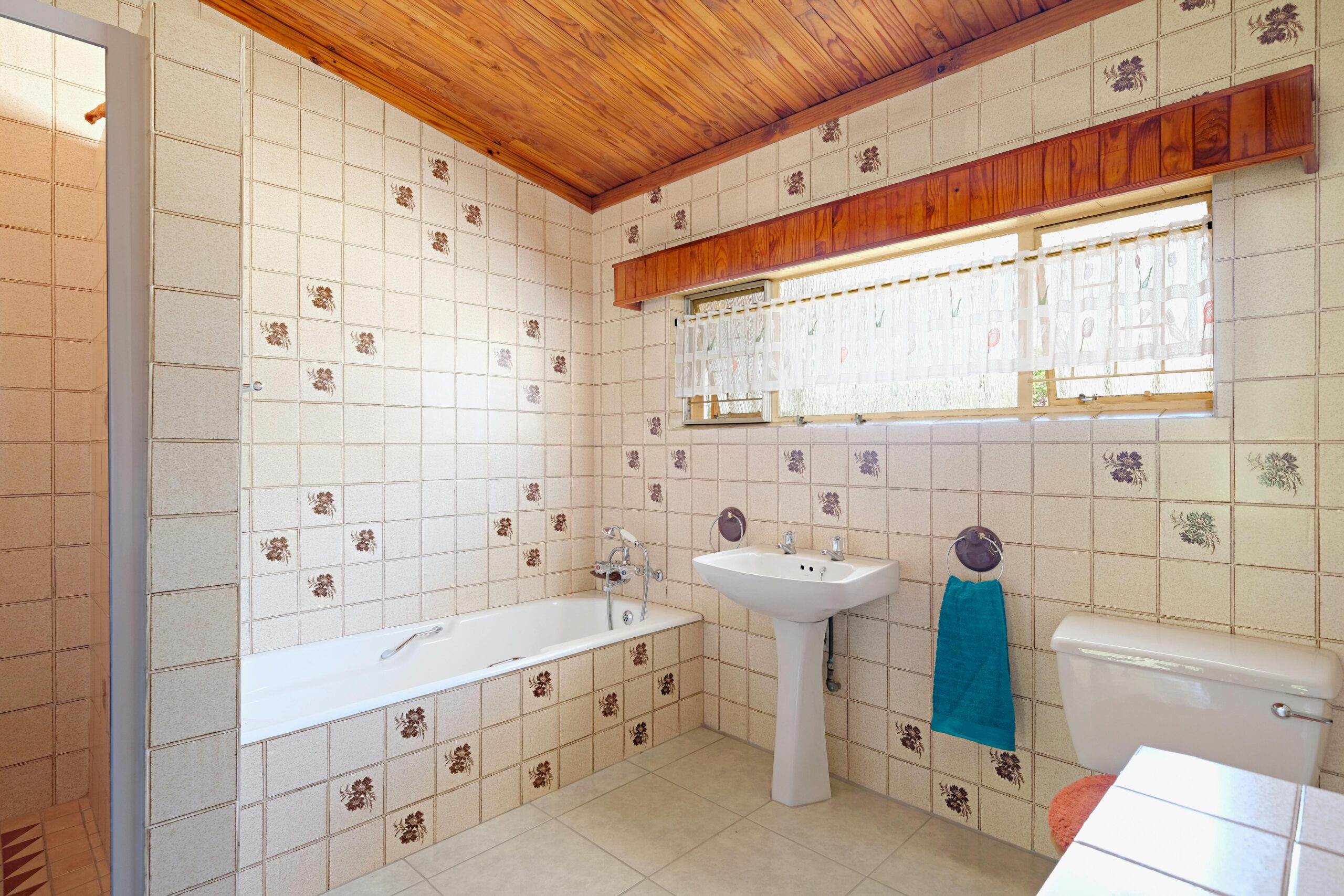How to Appeal Your Property Tax Assessment in New Hampshire
If you believe that your property has been overvalued by your local tax assessor, resulting in higher property taxes, you have the right to appeal the assessment. The process of appealing your property tax assessment in New Hampshire involves several steps, from gathering evidence to presenting your case. This guide will walk you through the steps necessary to appeal your property tax assessment effectively.
1. Understand Your Property Assessment
Before you begin the appeal process, it’s essential to understand how your property was assessed. Property assessments in New Hampshire are based on the market value of your property as of April 1st of the assessment year. You can review your assessment by examining your property tax bill or visiting your local assessor’s office.
Internal Resource: Learn more about the factors that influence property value on our Top Factors That Influence Property Value page.
2. Gather Evidence
To support your appeal, you’ll need to gather evidence that demonstrates your property was overvalued. This evidence may include:
- Recent sales of comparable properties (comps)
- A recent independent appraisal
- Photos of your property and comparable properties
- Documentation of any property damage or issues not considered in the assessment
Internal Resource: Consider obtaining a Property Tax Abatement Appraisal to provide an independent valuation of your property.
3. Review Your Property Record Card
Your property record card contains detailed information about your property, such as size, age, and condition. Review this document to ensure all information is accurate. If you find errors, such as incorrect square footage or number of rooms, make note of these discrepancies for your appeal.
4. File an Abatement Application
In New Hampshire, you must file an abatement application with your local assessor’s office by March 1st following the date of notice of tax. The application should include your evidence and a clear explanation of why you believe your property is overvalued.
External Resource: For more information on the abatement process and to access the abatement application form, visit the New Hampshire Department of Revenue Administration.
5. Prepare for the Hearing
If your abatement application is denied, you have the right to appeal to the Board of Tax and Land Appeals (BTLA) or the Superior Court. Prepare for the hearing by organizing your evidence, practicing your presentation, and being ready to explain why your property’s assessed value should be adjusted.
External Resource: For more details on the appeals process, visit the Board of Tax and Land Appeals.
6. Present Your Case
During the hearing, present your evidence clearly and concisely. Focus on the key points that demonstrate your property was overvalued, such as comparable sales, appraisal reports, and discrepancies in the property record card. Be prepared to answer questions from the board or judge.
7. Await the Decision
After the hearing, the BTLA or Superior Court will review the evidence and make a decision. If your appeal is successful, your property assessment will be adjusted, and you may receive a refund for any overpaid taxes. If your appeal is denied, you may have further recourse by appealing to the New Hampshire Supreme Court.
Conclusion
Appealing your property tax assessment in New Hampshire can be a complex process, but with thorough preparation and the right evidence, you can effectively argue your case. Accurate property valuation is crucial for ensuring fair property taxes. For professional appraisal services to support your appeal, contact Bellanor Appraisal today.
Contact Us: For more information or to schedule an appraisal, visit our Contact Us page.









